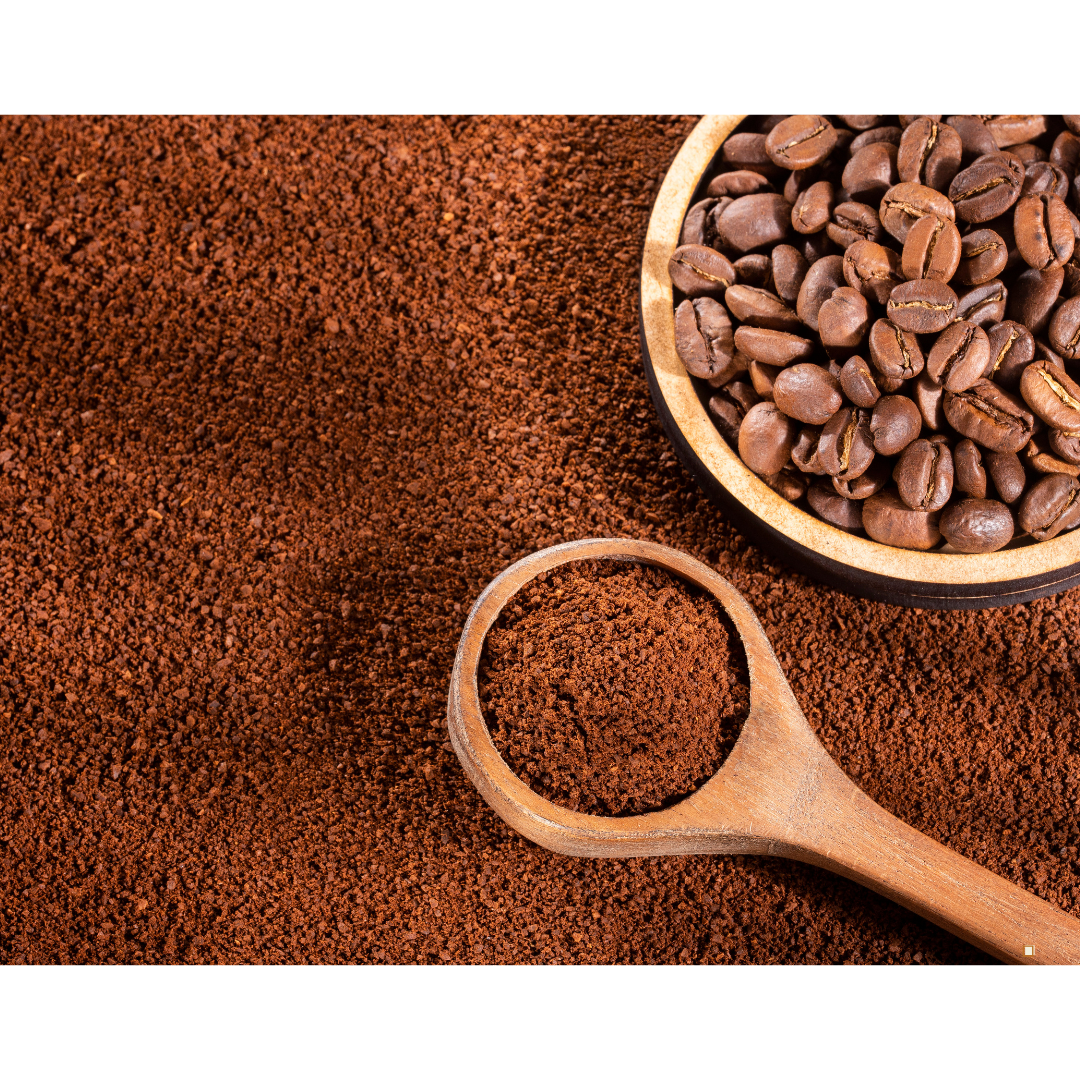
Can You Taste the Difference Between Decaf Ground Coffee and Regular Coffee?
When it comes to enjoying a good cup of coffee, many people wonder if they can truly taste the difference between decaf ground coffee and regular coffee. Decaf has sometimes gotten a reputation for being less flavorful or not as rich as its caffeinated counterpart, but advancements in decaffeination processes and roasting techniques have made it possible to produce decaf coffee that retains much of the complexity and depth of flavor found in regular coffee. So, can you really tell them apart? Let’s explore the factors that influence the taste of decaf versus regular coffee and discover whether there’s a noticeable difference.
The Decaffeination Process and Its Effect on Flavor
One of the biggest factors affecting the taste of decaf coffee is the decaffeination process itself. There are a few different methods for removing caffeine from coffee beans, and each can have a slightly different impact on the flavor.
- Swiss Water Process: This chemical-free method uses only water to remove caffeine, which helps preserve the coffee’s natural flavors. In the Swiss Water Process, green coffee beans are soaked in hot water to dissolve the caffeine. The water is then passed through activated charcoal filters that capture the caffeine molecules. The beans are then soaked in the caffeine-free water again to reabsorb the flavor compounds, which helps retain the coffee’s original taste. Coffee processed this way tends to have a clean and smooth flavor, making it harder to distinguish from regular coffee.
- CO₂ Process: This method uses liquid carbon dioxide under high pressure to dissolve caffeine from the beans. It’s particularly effective in preserving flavor because the CO₂ only targets caffeine molecules, leaving the other flavor compounds intact. Coffee decaffeinated using the CO₂ process can taste very similar to regular coffee, with minimal flavor loss.
- Solvent-Based Processes: Ethyl acetate or methylene chloride are sometimes used as solvents to remove caffeine. While this method is efficient, it may alter the flavor slightly, as some coffee drinkers report a faint chemical taste. However, reputable roasters tend to avoid this method or use it carefully to ensure that the coffee maintains a pleasant, natural flavor profile.
The decaffeination process, therefore, plays a key role in determining the final taste of decaf coffee. The method used affects how much of the bean’s original flavor is preserved, so higher-quality decaf coffees that use methods like the Swiss Water Process or CO₂ process are often harder to distinguish from regular coffee.
Roast Level and Its Impact on Flavor
The roast level also significantly influences whether people can taste the difference between decaf and regular coffee. In general, lighter roasts tend to reveal more of the bean’s natural flavor and origin characteristics, while darker roasts emphasize the roasting process itself, creating smoky, chocolatey, or caramel-like notes.
When it comes to decaf coffee, dark roasts can be a great choice if you’re trying to minimize the flavor differences between decaf and regular coffee. The bold, robust flavors of a dark roast tend to mask any subtle differences caused by the decaffeination process. Light roasts, on the other hand, may highlight the bean’s natural acidity and complexity, which can sometimes reveal slight differences in flavor between decaf and regular versions. Medium roasts offer a balanced option, bringing out both the natural flavors of the bean and some toasty notes from the roasting process.
If you prefer a smooth, rich taste, opting for a medium or dark roast in decaf coffee can give you a flavor profile that’s almost indistinguishable from regular coffee.
Origin and Quality of Beans
Another important factor is the origin and quality of the beans used in decaf coffee. High-quality, single-origin beans that are carefully sourced tend to retain more of their natural flavors, even after decaffeination. Beans grown in regions known for specific flavor profiles—like fruity Ethiopian beans or chocolatey Colombian beans—can still deliver distinctive notes in decaf coffee. In contrast, lower-quality beans may taste more generic or even flat, which can make decaf coffee feel less flavorful than it could be.
Choosing decaf coffee made from high-quality beans can make a significant difference in your coffee experience. With premium beans, you’re more likely to enjoy a rich, layered flavor profile that’s hard to distinguish from regular coffee.
Brewing Method Matters
The brewing method you choose also impacts how similar decaf and regular coffee taste. Some brewing methods, such as French press and pour-over, can highlight the subtle nuances and complexity of coffee, while others, like drip coffee makers, produce a more consistent and uniform taste.
If you’re brewing decaf coffee using a method like pour-over or French press, you may notice more of the bean’s unique characteristics. These methods allow you to control factors like water temperature, grind size, and brew time, which can bring out the best in high-quality decaf coffee. Espresso, on the other hand, is a concentrated brew that can mask minor flavor differences between decaf and regular coffee due to its intense profile.
The Taste Test: Can You Really Tell the Difference?
For most coffee drinkers, the answer to whether they can taste the difference between decaf and regular coffee often depends on factors like bean quality, roast level, and brewing method. High-quality decaf coffee that’s carefully sourced, roasted, and brewed is often hard to distinguish from regular coffee, especially when medium or dark roasts are used.
In blind taste tests, many people find it challenging to differentiate decaf from regular coffee, particularly when both are brewed with care. However, some individuals with a more refined palate may detect subtle differences in acidity or mouthfeel, particularly with lighter roasts or single-origin decaf coffees. In general, though, the gap in taste between decaf and regular coffee has narrowed significantly thanks to improvements in decaffeination techniques and increased availability of premium decaf options.
Enjoying Decaf Coffee with Frontier Coffee Roasters
If you’re curious about exploring high-quality decaf ground coffee, Frontier Coffee Roasters offers a selection that captures the richness and complexity of regular coffee without the caffeine. Our decaf options are made from carefully sourced beans and processed using methods that prioritize flavor preservation. Whether you’re new to decaf or a long-time fan, our decaf ground coffee provides a satisfying coffee experience that rivals traditional coffee in taste and aroma. Give it a try, and see if you can taste the difference!

